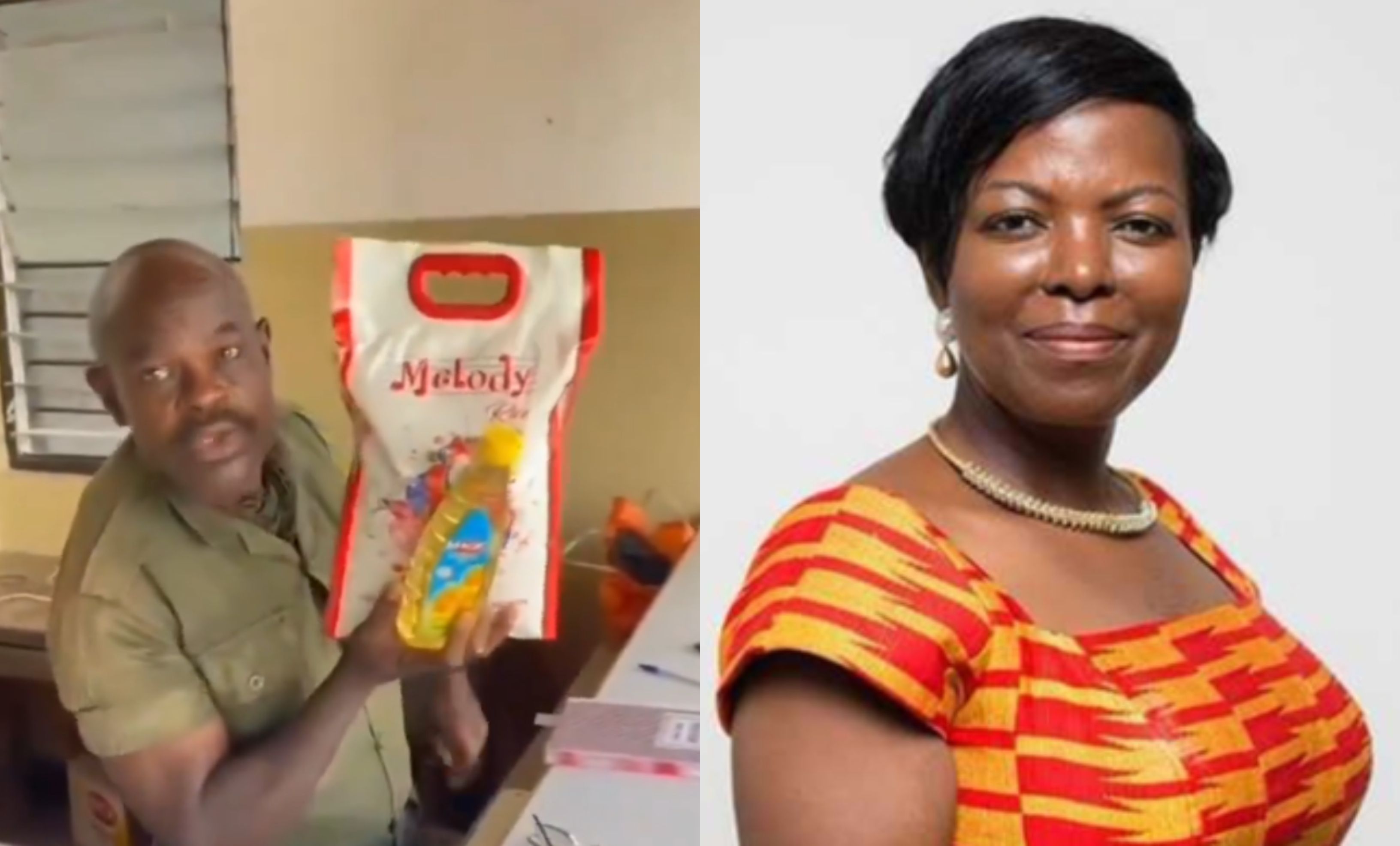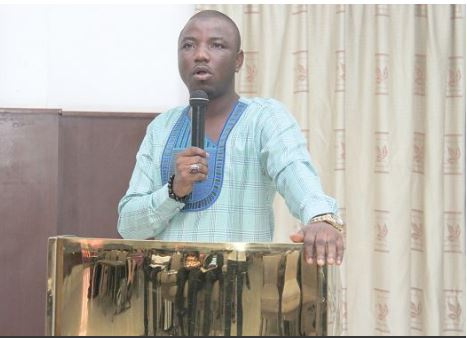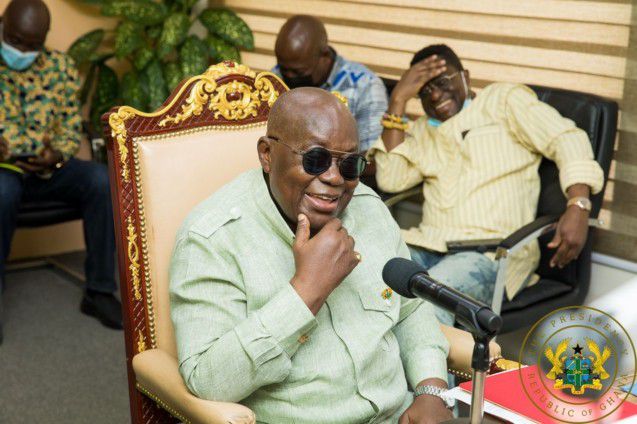
A security guard at the University of Ghana, Legon, has expressed concerns over a recent gift from the Member of Parliament for Ayawaso West Wuogon, Hon. Lydia Seyram Alhassan, just weeks before the upcoming elections.
The guard revealed he was given a 5kg bag of rice and a bottle of cooking oil by the MP but questioned the timing and intent behind the gesture. He noted that over the past eight years, he had received nothing from the MP apart from similar gifts.
“These items cannot buy my vote,” he stated, expressing dissatisfaction with what he perceived as an attempt to influence voters rather than address their long-term needs.
A security guard at Legon has expressed his concern after receiving a 5kg bag of rice and a bottle of oil from the Member of Parliament for Ayawaso West Wuogon, Hon. Lydia Seyram Alhassan, less than two weeks before the elections.
— EDHUB????? (@eddie_wrt) November 27, 2024
According to him, he has never received… pic.twitter.com/rMaLrXgXaI
Vote buying is a common concern during election periods, particularly in areas where political competition is intense and economic disparities are pronounced. It typically involves candidates or political parties offering money, goods, or favours to voters in exchange for their electoral support. While such actions may seem beneficial to individuals in need, they undermine democratic principles and can have long-term consequences for governance and accountability.
Common methods include cash handouts, where voters receive money in exchange for their vote. Another form is the distribution of gifts and goods, such as rice, oil, or even electronics, used to win support with material items. Additionally, promises of favouritism, such as offering jobs or contracts after the election, are often used to influence voter decisions.
These tactics undermine the democratic process and can lead to corruption and unequal governance.
Combating vote buying requires a multi-faceted approach. Public awareness is key, as educating citizens about their rights and the long-term harm of vote buying can help reduce its prevalence. Strengthening electoral laws by enforcing stricter penalties for those involved in such practices will act as a deterrent for candidates seeking to manipulate voters.
Furthermore, promoting transparency through independent monitoring of elections ensures that any unethical behaviour is quickly identified and addressed, fostering a fairer and more accountable electoral process.
Read Full Story




















Facebook
Twitter
Pinterest
Instagram
Google+
YouTube
LinkedIn
RSS